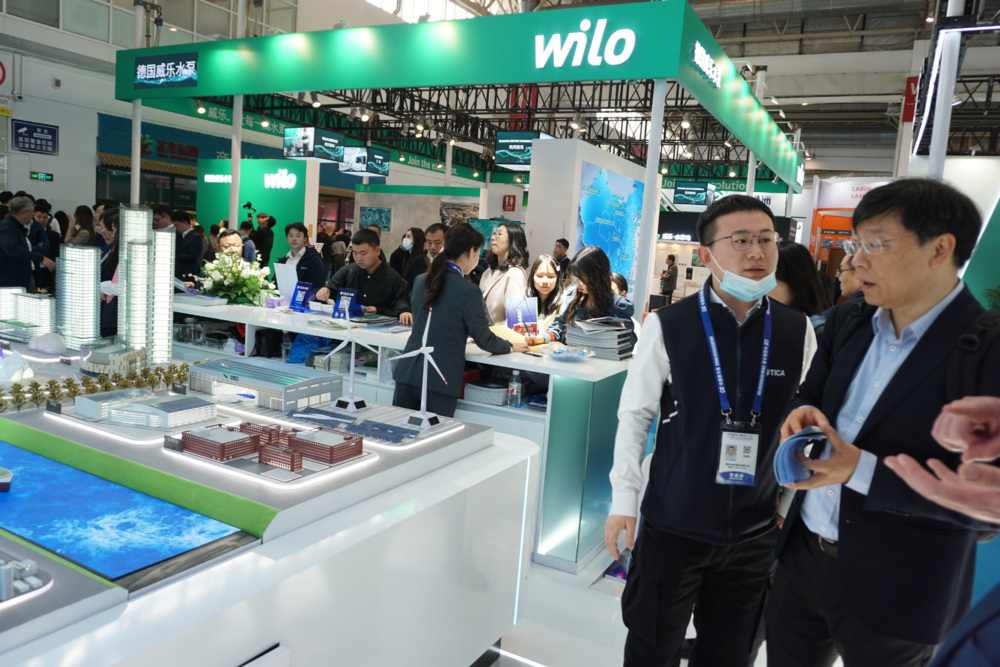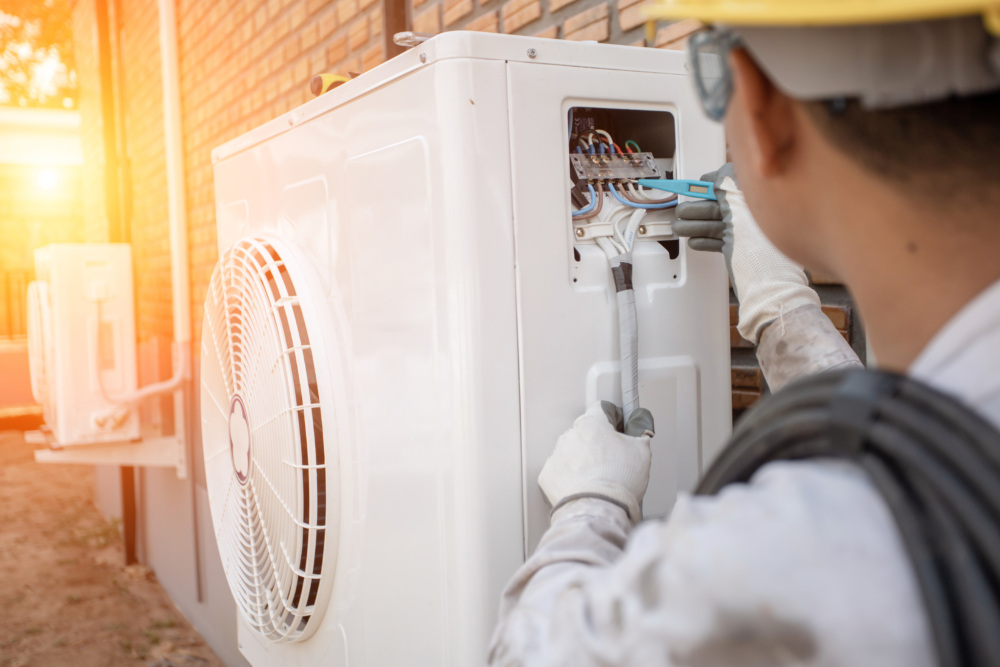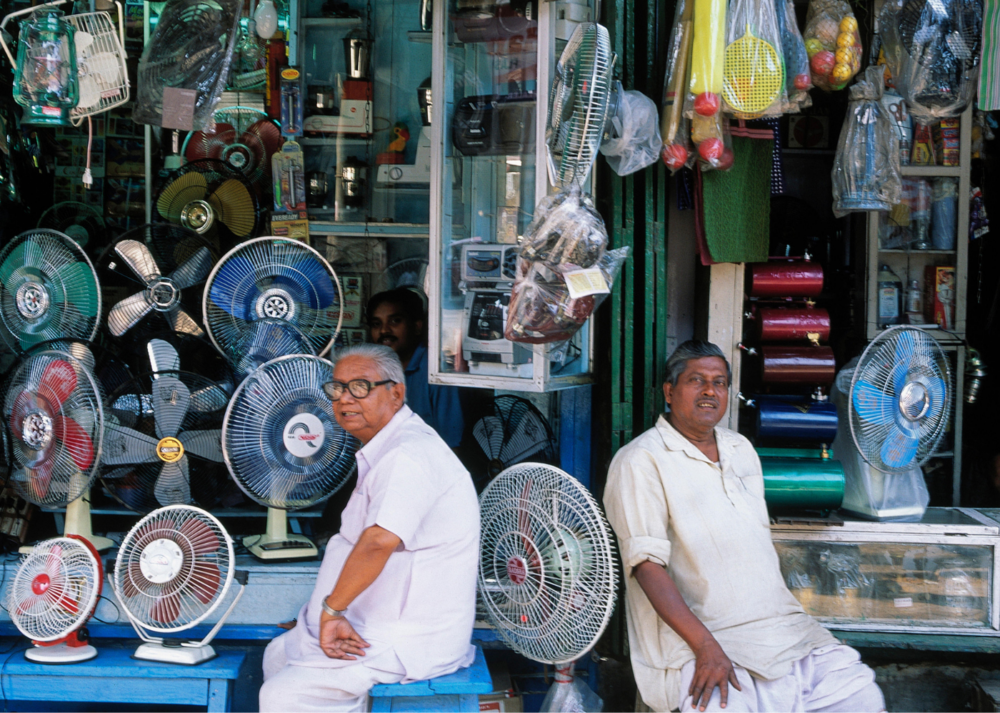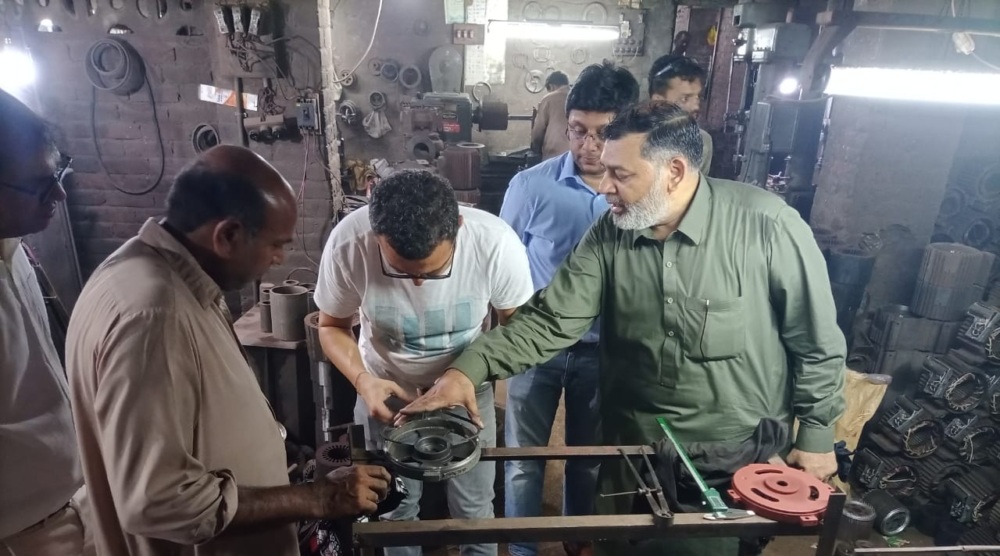Collaborating to Transform China’s Energy Landscape
CLASP collaborates with Chinese partners to set pioneering standards to improve the energy efficiency of electric motors and renewable energy transformers.
China is committed to improving national energy efficiency. Over 60% of the nation’s energy consumption is governed by robust energy efficiency policies, making the country a leader in this field. State Council, China’s chief administrative authority, and the National Cabinet, in its recent policy documents, underscored the importance of energy efficiency especially in sectors like appliances, to achieve 13.5% reduction in national energy demand by 2025.
In tandem with China’s energy-saving aspirations, CLASP is spearheading groundbreaking initiatives to set world-leading energy efficiency standards known as minimum energy performance standards (MEPS). Focused on priority appliance groups like electric motors and renewable energy transformers, CLASP’s collaboration is projected to avert a staggering 1.18 billion tons of CO2 in total by 2050.
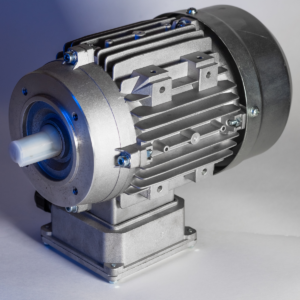
Electric motors are responsible for over 50% of China’s electricity consumption. Increasing their energy efficiency is a huge opportunity to reduce electricity demand.
In CLASP’s latest publication, Net Zero Heroes, motors contribute to 16% of total emissions by appliances globally. China National Insitute of Standardization (CNIS), and CLASP played a pivotal role in updating a critical standard for permanent magnet synchronous motors. China’s commitment to surpassing IE5 or Ultra-Premium Efficiency levels is a global first, with CLASP’s China Director, Steven Zeng noting, ”China’s initiative will raise worldwide awareness of the efficiency potential of motors.” Together with revised MEPS for high voltage motors, this initiative is set to cut 920 million tons of CO2 emissions by 2040.
In a groundbreaking move, CLASP is extending its impact to renewable energy transformers, addressing crucial components in solar, wind and energy storage facilities. These transformers play a key role in the transmission and distribution of electrical power generated from renewable sources and contribute to the efficiency, reliability, and stability of renewable energy infrastructure.
The draft of the updated MEPS is now open for public opinions and review. If adopted, China will be the first country globally to establish MEPS for renewable energy transformers, and is projected to prevent 260 million tons of CO2 emissions by 2050. Zhu Jing, lead researcher at the China National Laboratory of Wind Power Equipment and Control, notes this significance, stating, “Adopting a standardized method for sustainable power transformers contributes to green transitions, fostering trust and confidence among stakeholders.”
These innovative policy frameworks are part of CLASP’s efforts towards appliance efficiency, carried out in collaboration with local partners. CLASP works to enhance the access to affordable, energy-efficient appliances to improve the lives of people and reduce the impact on our climate.


